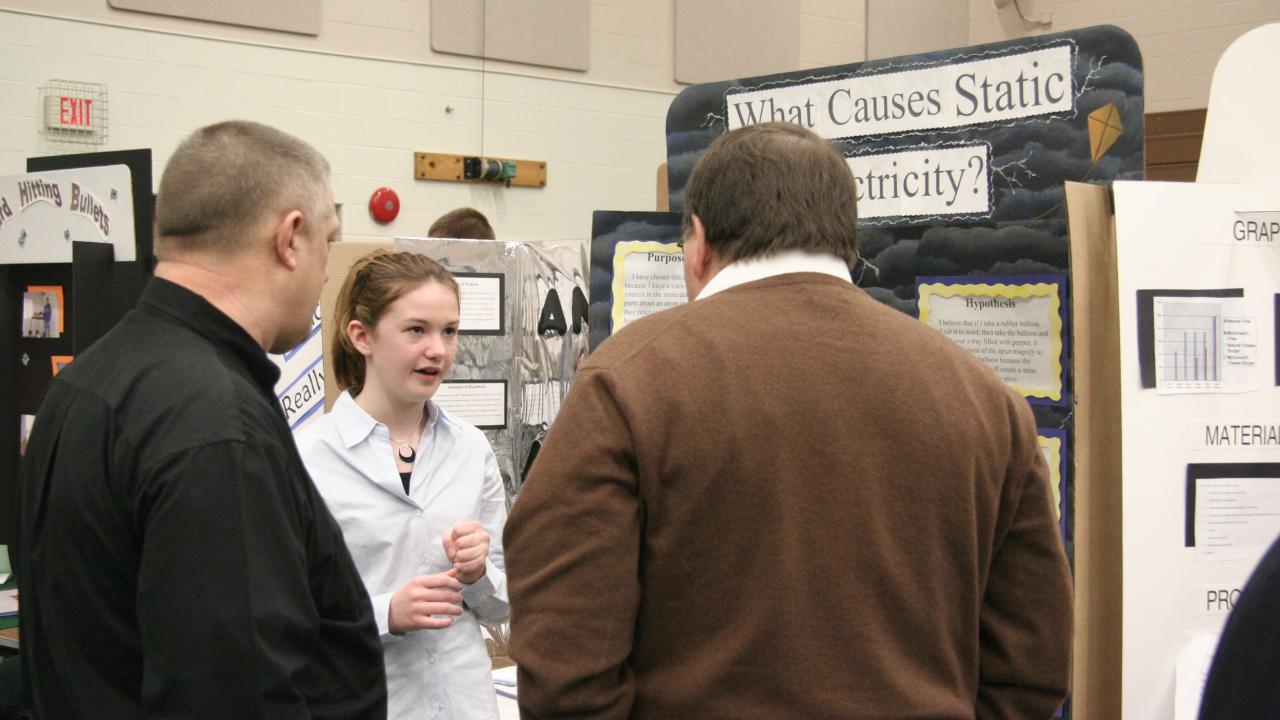What is the Science Fair All About? The North Central Science Day is a program of the Junior Academy of The Ohio Academy of Science and aims to promote science awareness and encourages science innovation in North Central Ohio students.
What's new in 2023-24? The Ohio State University at Marion will no longer be hosting North Central District Science Day. We are grateful for the years we were able to serve our community together with the Ohio Academy of Science.
For future dates and District 3 fair information please visit the Ohio Academy of Science: https://ssd.ohiosci.org/dsd-registration/
